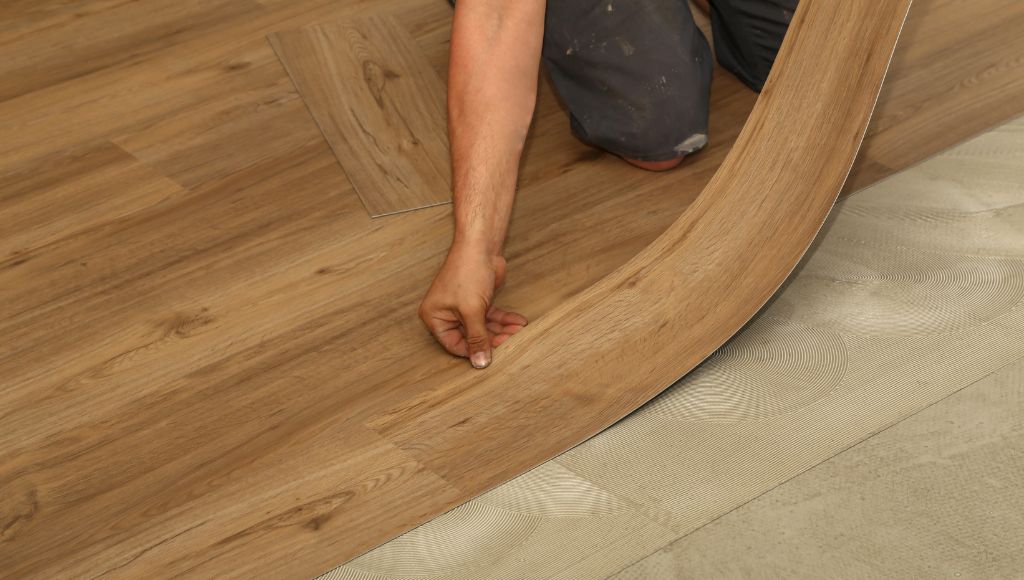Ever walked into a room and been instantly captivated by stunning, flawless flooring? Behind every beautiful floor is a skilled flooring contractor who transforms raw materials into masterpieces. But finding the right professional can feel like searching for a needle in a haystack. Don’t worry – this guide will be your compass, helping you navigate the complex world of flooring contractors with confidence and ease.
- Understanding the Role of a Flooring Contractor
- Assessing Your Specific Flooring Needs
- Researching Potential Contractors
- Checking Credentials and Qualifications
- Evaluating Experience and Portfolio
- Understanding Pricing and Estimates
- Reviewing Insurance and Licensing
- Asking the Right Questions
- Checking References and Past Work
- Red Flags to Watch Out For
- Negotiating and Finalizing the Contract
- Preparing for the Flooring Project
- Maintaining Communication During the Project
- FAQs
Understanding the Role of a Flooring Contractor
Think of a flooring contractor like a conductor of a symphony – they orchestrate every element of your flooring installation. From selecting the right materials to ensuring precise installation, these professionals turn your flooring dreams into reality. Their responsibilities include:
- Measuring and preparing the installation area
- Recommending appropriate flooring materials
- Providing accurate cost estimates
- Executing professional installation
- Ensuring quality workmanship
Assessing Your Specific Flooring Needs
Before diving into contractor selection, you need a clear vision. Just like choosing the right outfit for an occasion, flooring requires careful consideration. Key factors to consider include:
- Room usage and traffic
- Budget constraints
- Aesthetic preferences
- Durability requirements
- Maintenance expectations
Researching Potential Contractors
In the digital age, information is your most powerful tool. Effective research strategies include:
- Exploring online directories
- Reading customer reviews
- Checking social media profiles
- Seeking recommendations from friends and family
- Investigating local professional associations
Checking Credentials and Qualifications
Credentials are like a contractor’s resume – they tell a story of professionalism and expertise. Look for:
- Professional certifications
- Trade school or apprenticeship training
- Specialized skill endorsements
- Continuing education certificates
Evaluating Experience and Portfolio
A picture is worth a thousand words, and a contractor’s portfolio speaks volumes. When reviewing their work, consider:
- Years of industry experience
- Diversity of completed projects
- Complexity of previous installations
- Before and after photographs
- Specialization in your desired flooring type
Understanding Pricing and Estimates
Pricing can be as complex as a puzzle. To ensure fair pricing:
- Request detailed, written estimates
- Compare multiple quotes
- Understand included/excluded services
- Ask about potential additional costs
- Be wary of significantly low bids
Reviewing Insurance and Licensing
Protection is paramount. Verify that your contractor has:
- General liability insurance
- Worker’s compensation coverage
- Current professional licenses
- Bonding documentation
- Compliance with local regulations
Asking the Right Questions
Preparation prevents poor performance. Essential questions to ask include:
- What is your typical project timeline?
- How do you handle unexpected complications?
- What warranties do you offer?
- Can you provide detailed project references?
- What materials do you recommend for my specific needs?
Checking References and Past Work
References are like a contractor’s report card. When checking references:
- Request contact information for recent clients
- Ask about project satisfaction
- Inquire about communication and professionalism
- Verify project completion and quality
Red Flags to Watch Out For
Trust your instincts and watch for warning signs:
- Reluctance to provide written estimates
- Lack of proper documentation
- Aggressive sales tactics
- Minimal online presence
- Unwillingness to answer detailed questions
Negotiating and Finalizing the Contract
A solid contract protects both parties. Ensure your agreement includes:
- Detailed scope of work
- Material specifications
- Total project cost
- Payment schedule
- Timeline and milestones
Preparing for the Flooring Project
Preparation sets the stage for success. Get ready by:
- Clearing the installation area
- Protecting adjacent spaces
- Discussing project logistics
- Understanding daily work expectations
- Establishing communication protocols
Maintaining Communication During the Project
Open communication is the secret sauce of successful projects. Best practices include:
- Regular progress updates
- Prompt response to questions
- Addressing concerns immediately
- Maintaining a collaborative approach
FAQs
1.How long does a typical flooring installation take?
Depending on the project complexity, installations can range from 2-7 days.
2.What flooring type is most cost-effective?
Vinyl and laminate often offer the best balance of affordability and durability.
3.Should I be home during the installation?
While not mandatory, being available ensures smooth communication and quick problem-solving.
4. How do I maintain my new floors?
Follow manufacturer guidelines and use recommended cleaning products specific to your flooring type.
5.What warranties should I expect?
Typically, expect 1-10 year warranties covering materials and workmanship, varying by contractor and flooring type.
Hiring the right flooring contractor isn’t just about installing floors – it’s about creating spaces that inspire and delight. By following these comprehensive steps, you’ll transform a potentially stressful process into an exciting journey of home improvement.



